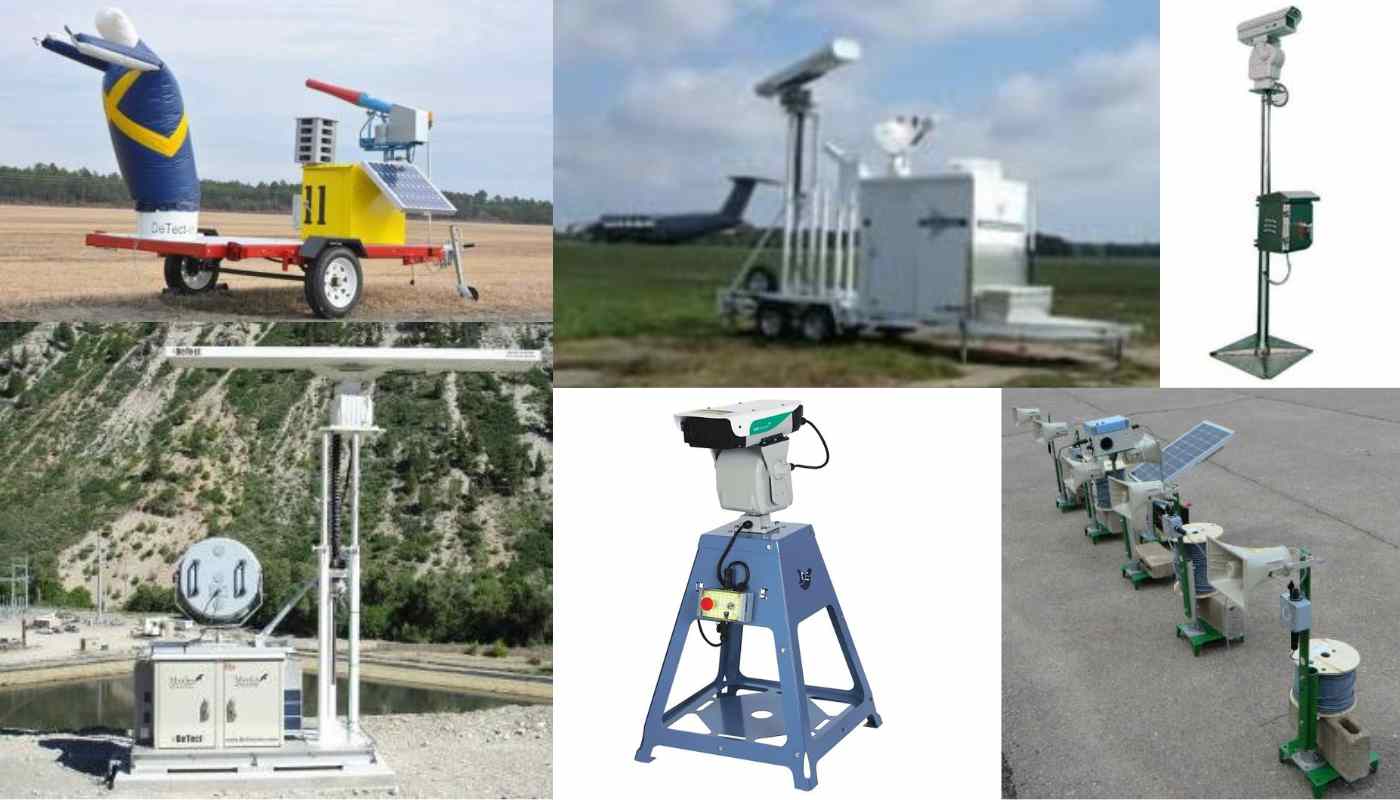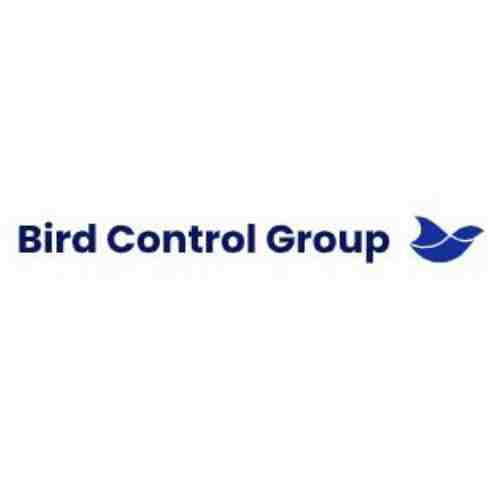Bird Control Systems and Acoustic Bird Scarer in France in 2024
France, a nation synonymous with romance, exquisite cuisine, and breathtaking landscapes, boasts a thriving aviation industry as well. But lurking beneath the charm lies a hidden threat – birds. Bird strikes, collisions between birds and aircraft, pose a significant risk to passenger safety, aircraft damage, and airport operations. Here’s where bird control systems step in, playing a vital role in ensuring safe skies over France in 2024.

The High Stakes of Bird Strikes in France
Imagine a majestic Airbus A350 gracefully taking off from Charles de Gaulle Airport in Paris. Suddenly, a flock of starlings collides with the engine, causing potential damage. This scenario, though dramatic, is a genuine concern. Bird strikes cost airlines millions of dollars annually and can endanger lives. France, with its bustling airports and diverse birdlife, is particularly susceptible.
Here’s why bird strikes are a growing concern:
- Increased Air Traffic: France’s aviation industry is booming, with passenger numbers steadily rising. This translates to more aircraft sharing airspace with birds, upping the potential for collisions.
- Urbanization and Habitat Loss: Urban sprawl often pushes birds closer to airports, creating a competition for resources and increasing the risk of encounters.
- Changing Bird Migration Patterns: Climate change and habitat loss can disrupt bird migration patterns, leading them to unfamiliar territories, including airports.
Bird Control Systems Take Flight
Thankfully, a diverse arsenal of bird control systems exists to safeguard French airspace. Let’s delve into some of the most effective methods:
- Acoustic Bird Scarers: Imagine a high-tech scarecrow that uses sound! Acoustic bird scarers emit distress calls of predatory birds (falcons, hawks) or loud, unpleasant noises that disorient and scare away unwanted avian visitors. These can be automated or manually operated, and some even adjust the sound frequencies to prevent habituation (birds getting used to the noise).
Acoustic scarers, particularly solar-powered bird repellers, are a popular choice in France due to their ease of use, environment-friendly nature, and effectiveness in deterring a wide range of bird species. However, it’s crucial to consider noise pollution regulations in certain areas.
- Avian Radar Systems: Bird radar tracking takes bird control to a whole new level! These sophisticated systems use radar technology to detect and track flocks of birds in real-time, providing valuable data to airport wildlife management teams. This allows for proactive measures like flock dispersal techniques (such as using pyrotechnics or lasers) before birds enter critical airspace.
- Laser Bird Deterrents: Imagine a harmless beam of light acting as a virtual fence! Laser bird deterrents use high-powered lasers to create a moving light pattern that birds find disturbing, causing them to veer away. These systems are particularly effective at night when birds rely more on vision for navigation.
- Habitat Modification: This strategy focuses on making airport grounds less attractive to birds. It can involve things like removing nesting sites, managing vegetation height, and using bird deterrent gels on surfaces where birds like to perch. While seemingly simple, habitat modification plays a crucial role in an integrated bird control approach.
- Wildlife Biologists and Falconry Services: Wildlife biologists are the masterminds behind effective bird control plans. They study bird behavior, identify problem species, and recommend suitable control methods. Falconry bird control services utilize trained falcons to naturally scare away birds from airport premises. This eco-friendly approach is particularly effective in open areas.
Bird Control Takes Root in France
Bird control isn’t limited to airports. French farmers also grapple with avian pest control. Agricultural bird control utilizes similar techniques like acoustic repellents, netting, and habitat modification to protect crops from bird damage.
Environmental Considerations: Noise pollution control is a crucial factor when choosing bird control systems, especially acoustic scarers. Newer models come equipped with features that minimize noise disturbance for surrounding communities. Additionally, responsible bird control methods prioritize the safety and well-being of birds, ensuring they are deterred without harm.
The Future of Bird Control in France
As France’s aviation industry continues to soar, so too must its commitment to robust bird control systems. Here’s what the future holds:
- Integration and Automation: Expect to see a seamless integration of various bird control methods, with automation playing a bigger role. Airport wildlife management will leverage data from radar systems to trigger targeted deterrents like lasers or acoustic alarms.
- Advanced Radar Technology: Advancements in bird radar detection systems will allow for even more precise tracking of bird movements, enabling more targeted interventions.
FAQs
What are the most common bird control systems used at French airports?
French airports utilize a multi-pronged approach. Popular methods include acoustic bird scarers that emit distress calls or loud noises, laser bird deterrents that create a virtual fence with light, and avian radar systems for real-time bird tracking.
Are bird control systems in France eco-friendly?
Yes, France prioritizes environmentally friendly methods. Solar-powered bird repellers are gaining traction, and habitat modification techniques like vegetation management minimize reliance on disruptive solutions. Falconry services using trained birds offer a natural approach.
How do French airports regulate noise pollution from bird control systems?
Noise pollution from acoustic bird scarers is a concern. France has regulations in place, and newer models often have features that limit noise disturbance for surrounding communities. The focus is on finding a balance between bird deterrence and environmental responsibility.





